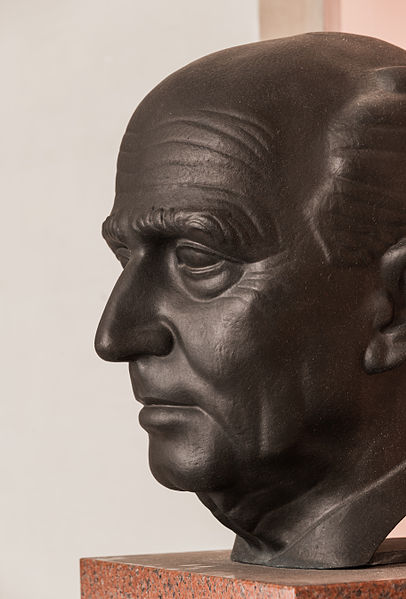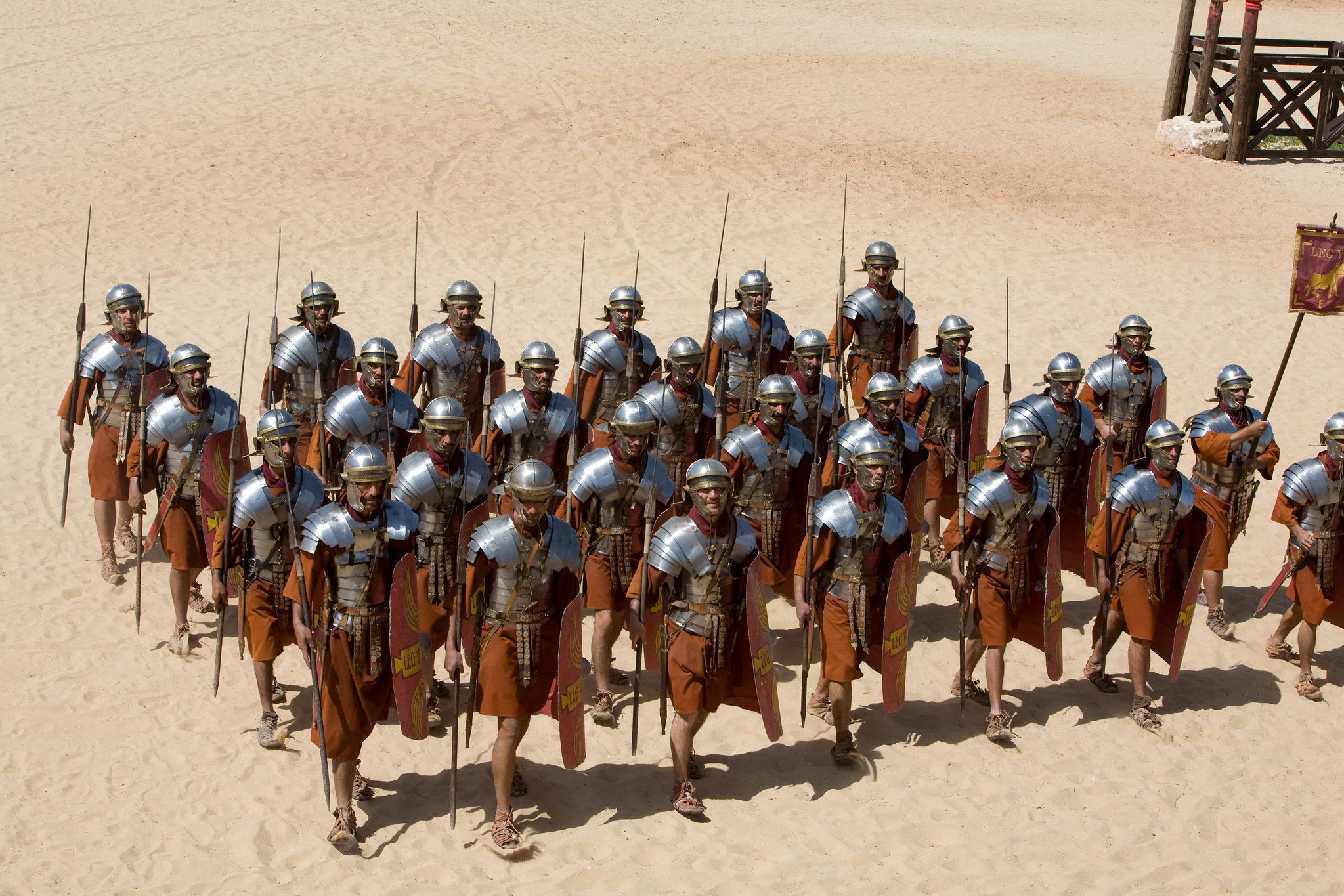
Hans Kelsen fu uno dei più grandi giuristi del novecento e fonda la sua “teoria pura del diritto” su un fine piuttosto preciso: chiarificare il ruolo del diritto, riportarlo alla luce al di fuori di filtri di scienze al diritto estranee. Questo fine può essere raggiunto solo specificando quale è l’ambito d’indagine della giurisprudenza e quali siano i limiti del diritto stesso. Il problema maggiore della scienza del diritto è quello di riuscire a separarsi da tutte le altre scienze a cui, spesso, i giuristi fanno appello. Il diritto deve essere analizzato di fronte a se stesso e null’altro. La questione si presenta secondo diverse angolature, a seconda del rapporto di dipendenza del diritto con altre concezioni a sé estrinseche: la scienza della natura, la morale e la religione.


